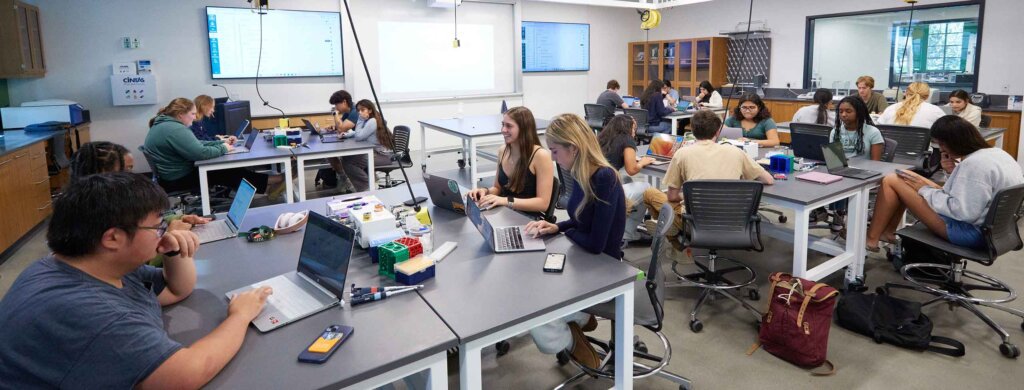Human Biology
Bridge the gap between biology and the social sciences. Explore humans and humanity through fields ranging from genetics to psychology
Our program lets you shape your path
FEATURES OF THE HUMAN BIO MAJOR
Our Human Biology program lets you choose where your studies take you. As a Human Biology major, you’ll work closely with a faculty advisor in the Department of Natural Sciences to create a custom program of study tailored to your specific interests.
Choose between two major paths, one focused on the intersection between biology and a social science (anthropology, sociology, or psychology), and one focused on how different cultures understand and apply ideas of health and healing.
- Develop and test hypotheses
- Explore the social sciences
- Pursue independent research
- Use our extensive lab facilities
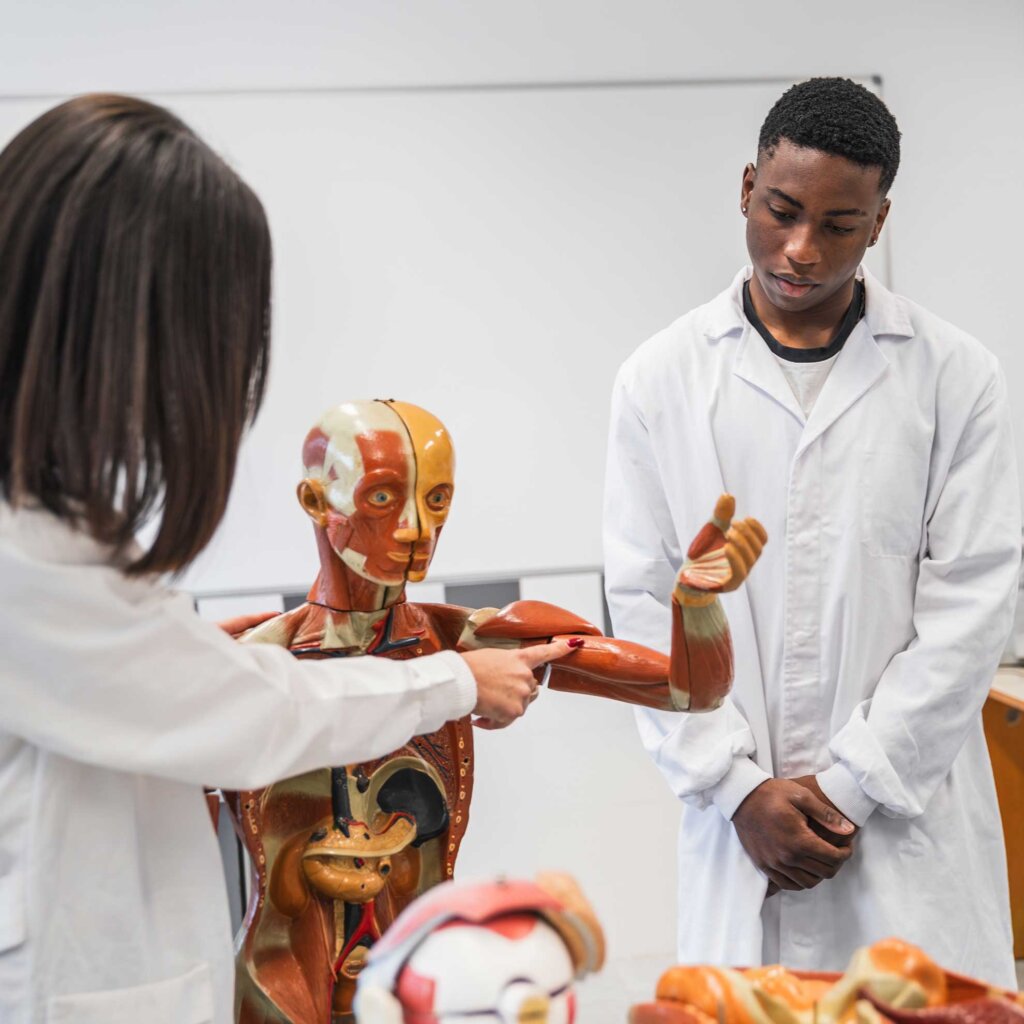
Human Biology Major Requirements
Program Overview
The Human Biology major studies the intersection of the social sciences with the field of biology, allowing students to explore humans and humanity from a range of perspectives.
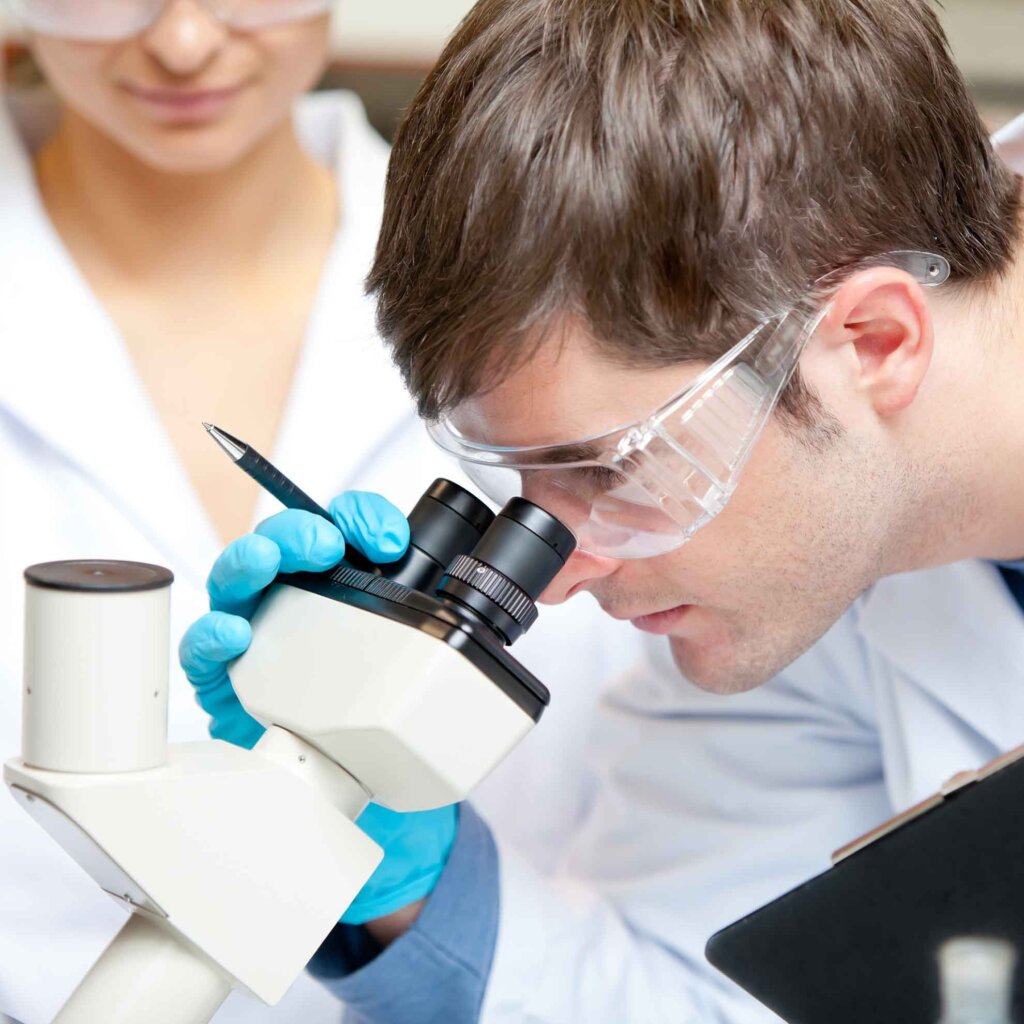
Human Biology Faculty
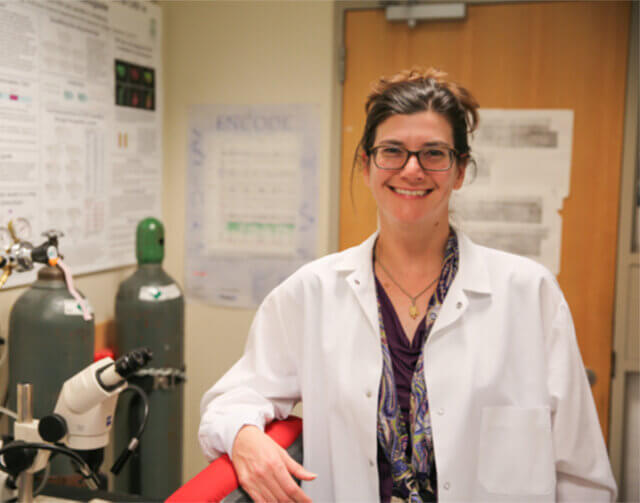



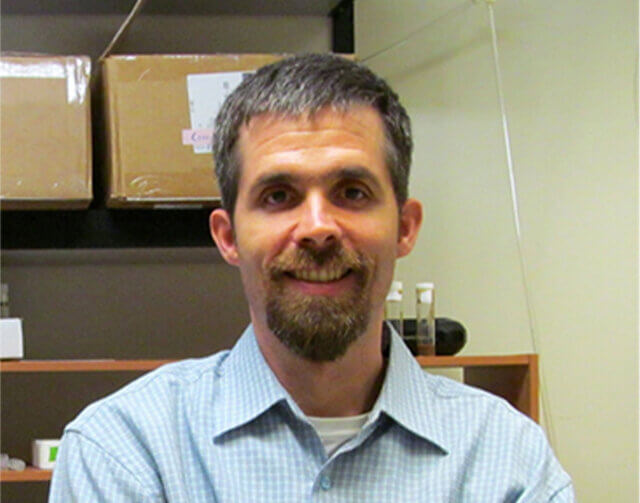
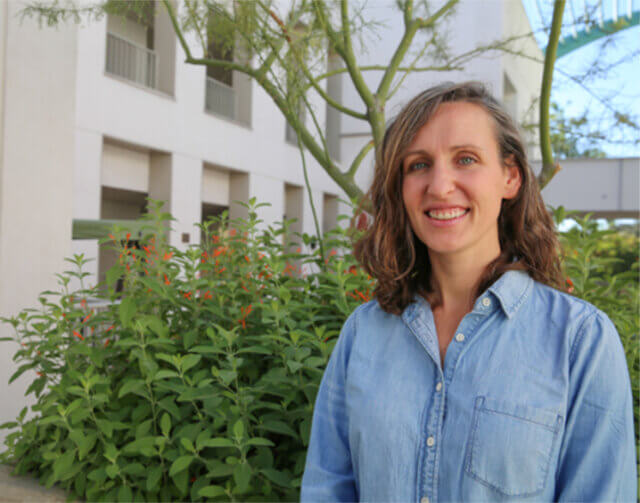
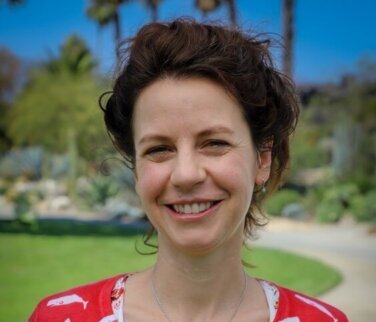
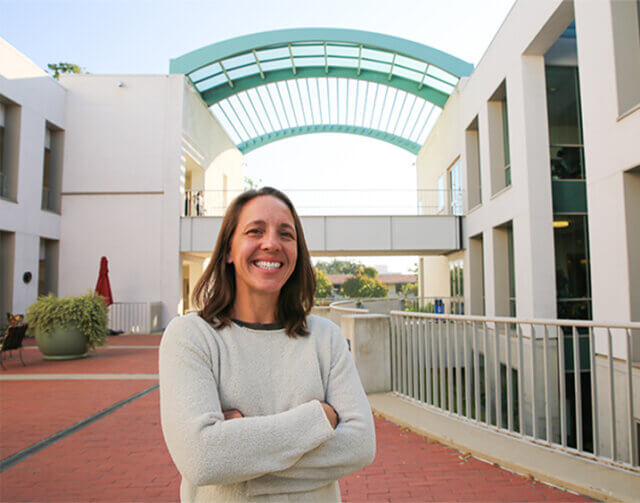

Human Biology Resources
Explore
We offer a wide range of resources to help you achieve your academic and research goals.
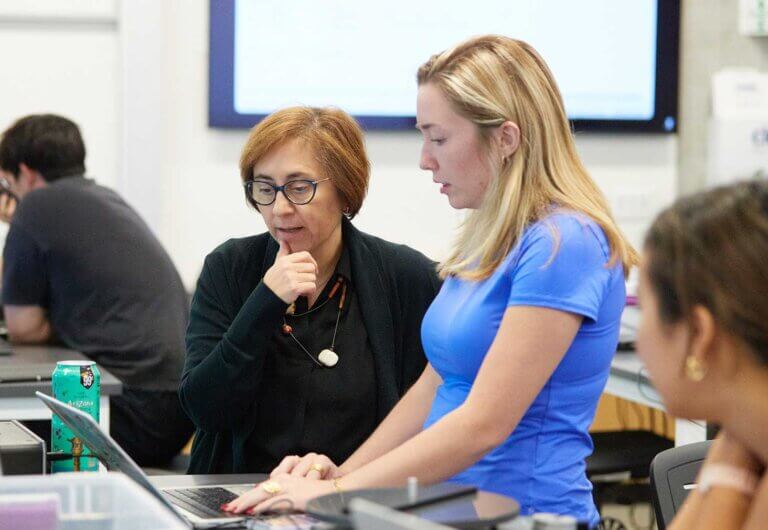
Pre-Health Advising
Our pre-health advising office helps you find internships, craft applications, and direct your studies toward a career in health.
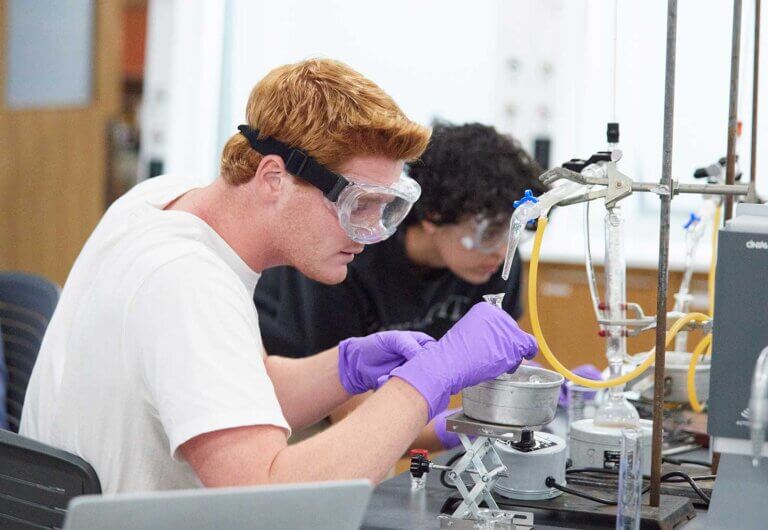
Research Opportunities
The Department of Natural Sciences offers a wide variety of in-depth opportunities to hone your research skills.
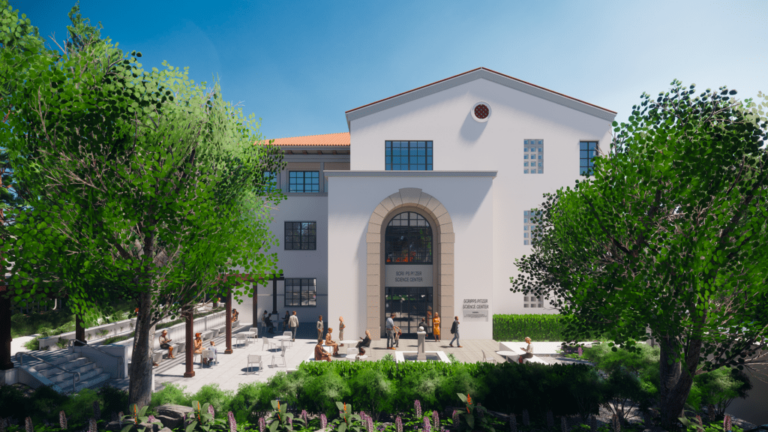
The Nucleus
Use labs, classrooms, and even a community greenhouse in the Nucleus, our 165,000-square-foot science building.

Faculty Advisors
As a Natural Sciences student, your dedicated faculty advisor will help you find your path—wherever your studies take you.
Frequently Asked Questions
FAQs
View some of the most frequently asked questions about our Human Biology major.
The Department of Natural Sciences’ Human Biology major offers great preparation for a variety of fields. Its unique course of study in the social sciences and biology has helped Natural Sciences students go on to fields such as public health, medical anthropology, and medicine.
Human Biology is focused on answering questions about humans and humanity using tools from biology and the social sciences. As such, you can expect to learn the principles and methods of biology, anthropology, sociology, and psychology, and to apply what you’ve learned by crafting and answering research questions in an area that interests you.
The Human Biology major is divided into two tracks: social science and cross-cultural health and healing. The social science track offers a focused course of study in biology and a social science of your choosing. The cross-cultural health and healing track is focused on:
- Understanding variation in human social organizations and cultures
- Identifying and understanding health and medicine in different cultural, economic, and political contexts
- Critically identifying micro- and macro-level issues affecting medical practices in local and global settings
Yes, Scripps College students can add Human Biology as an off-campus major. Declaring an off-campus major requires the signature of a full-time faculty member at Scripps, who will serve as the primary advisor, as well as the signature of a faculty member in the Human Biology major.
For more information on declaring off-campus majors at Scripps, visit the Scripps College Catalog.
This major does not satisfy the requirements of pre-health graduate programs (e.g. medical, dental, PA, nursing, veterinary, PT school), so students interested in those fields should contact the pre-health advisor to ensure they take the additional pre-requisite courses. It does satisfy the requirements for many Master’s of Public Health (MPH) programs, but some programs may also require or recommend additional courses in chemistry and math. It is strongly recommended that students wishing to pursue graduate school in the sciences take additional upper-division science courses.



